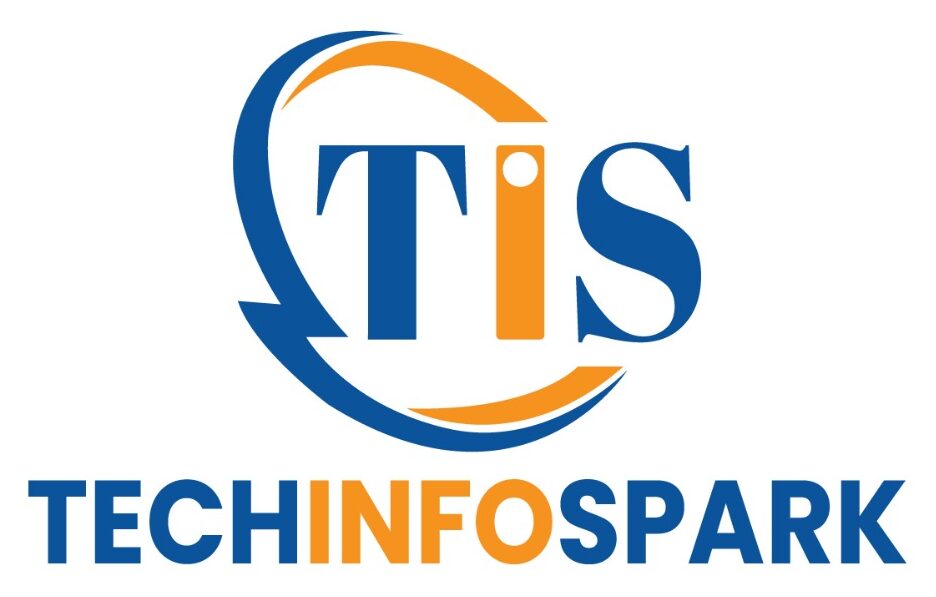In today’s fast-paced world, the term “Artificial Intelligence” or AI has become increasingly common in discussions.
People often wonder about the real differences between AI vs Human, especially in terms of thinking and behavior.
Both humans and AI have problem-solving abilities, but their processes and sources of intelligence differ drastically.
Understanding these differences is essential as AI continues to integrate deeply into our daily lives and decisions.
What Is Artificial Intelligence and How Does It Work?
Artificial Intelligence refers to the simulation of human intelligence in machines that are programmed to think logically.
AI can perform tasks such as learning, reasoning, and self-correction without needing constant human intervention.
Machine learning, natural language processing, and robotics are common fields where AI technologies are rapidly evolving.
However, AI’s logic is based on data input, pre-set algorithms, and historical trends—unlike human reasoning.
What Makes Human Intelligence Unique?
Human intelligence is a complex interplay of emotions, memories, experiences, and consciousness that AI cannot replicate.
Humans learn from intuition, cultural norms, empathy, and social interactions—something no machine can fully imitate.
The human brain uses creativity, ethics, and emotional awareness in decision-making, even when data is incomplete.
Unlike machines, people can imagine, dream, reflect, and change opinions based on moral or personal understanding.
Major Differences Between AI vs Human Intelligence
Though AI mimics human tasks, there are deep-seated differences between artificial and human intelligence worth exploring.
Here are some of the most significant distinctions that highlight why AI and human minds are fundamentally different:
1. Learning Ability
Humans learn from real-world experiences, mistakes, emotions, and abstract ideas, making their learning process adaptive.
AI learns only from structured data and algorithms, which limit its flexibility in real-life uncertain scenarios.
While AI improves through data training, it cannot develop personal judgment or situational awareness like humans do.
2. Emotional Intelligence
Humans use emotions to connect, sympathize, and understand each other, forming relationships beyond logical comprehension.
AI lacks true emotions and only simulates feelings based on programmed responses and pattern recognition algorithms.
Without empathy or emotional depth, AI cannot replace human roles that require compassion, like therapy or caregiving.
3. Creativity and Imagination
Creativity comes naturally to humans who write poetry, paint, invent, or create art through feelings and abstract ideas.
AI generates content by analyzing patterns in existing data, not through imagination or original inspiration like humans.
Even the most advanced AI cannot dream, imagine new concepts, or break the rules of logic as humans can.
4. Decision-Making Process
Humans factor in ethics, values, and social consequences when making decisions, even under high emotional pressure.
AI makes decisions strictly through logical analysis, mathematical models, and statistical probabilities from data sets.
This makes AI reliable in numbers but ineffective in areas needing human sensitivity, judgment, or ethical reasoning.
5. Error Handling and Adaptability
When humans make mistakes, they reflect, adapt, and sometimes innovate through trial and error or intuition-based thinking.
AI systems crash, fail, or need reprogramming when facing unpredictable or out-of-scope situations beyond training data.
This highlights the human brain’s flexibility and resilience, something AI still struggles to replicate consistently.
The Role of AI in Human Life
AI is widely used in healthcare, finance, education, manufacturing, and entertainment to automate and optimize tasks.
From chatbots to virtual assistants and smart homes, AI enhances productivity and convenience in countless daily activities.
However, AI’s growing role raises questions about its limitations, biases, and inability to grasp human culture or emotion.
Although AI assists humans, it cannot replace the human ability to understand context, humor, ethics, or real empathy.
Can AI Ever Replace Humans?
Despite its speed and accuracy, AI lacks moral reasoning, consciousness, and an emotional compass required for many tasks.
Professions involving negotiation, empathy, and creativity—such as psychologists or artists—require human intellect and soul.
AI might handle repetitive tasks, but it cannot develop a sense of purpose, ambition, or social responsibility like humans.
Therefore, AI can support human efforts but cannot fully replace the human mind or its infinite potential and curiosity.
Human vs AI: Collaboration, Not Competition
The future should focus on collaboration between AI vs human intelligence rather than seeing one as superior to another.
Humans can use AI tools to amplify productivity while maintaining moral control and emotional understanding in decisions.
By combining machine efficiency with human creativity, we can build a world where both forms of intelligence coexist peacefully.
Instead of fearing AI, we must guide its growth ethically to benefit societies without losing human-centric values.
Ethical Implications of Artificial Intelligence
One major concern is that AI may operate without empathy, making biased or harmful decisions based on flawed data.
Unlike humans, AI lacks moral conscience, and this can lead to unfair treatment, especially in policing or hiring algorithms.
Human oversight is essential to ensure AI systems do not reinforce social inequalities or cause ethical harm unknowingly.
Regulating AI development and integrating ethical frameworks are crucial to preserving humanity’s core values and dignity.
Human Intelligence Still Leads in Critical Areas
Despite AI’s progress, human intelligence still leads in areas like empathy, ethics, creative arts, and cultural intuition.
Jobs involving leadership, philosophy, social service, or emotional healing are best left to human intelligence and care.
People bring meaning, passion, and purpose to work—qualities that no machine, however advanced, can truly replicate.
That’s why, even in an AI-powered future, human insight remains irreplaceable for innovation, wisdom, and emotional depth.
Conclusion: AI vs Human – A Balance of Strengths
The difference between AI vs Human lies not just in their abilities but also in their essence and purpose.
AI operates through logic, data, and structure, while humans thrive on emotion, intuition, and philosophical thinking.
Both have strengths—AI in speed and accuracy, humans in depth and consciousness—that can complement one another.
Rather than comparing them as rivals, we must aim to harness AI for what it does best under human guidance.
This partnership will shape a future where technology serves humanity without compromising emotional depth or moral wisdom.
From the one and only Team Techinfospark
For more tech blogs, visit our website: Tech Info Sparks



